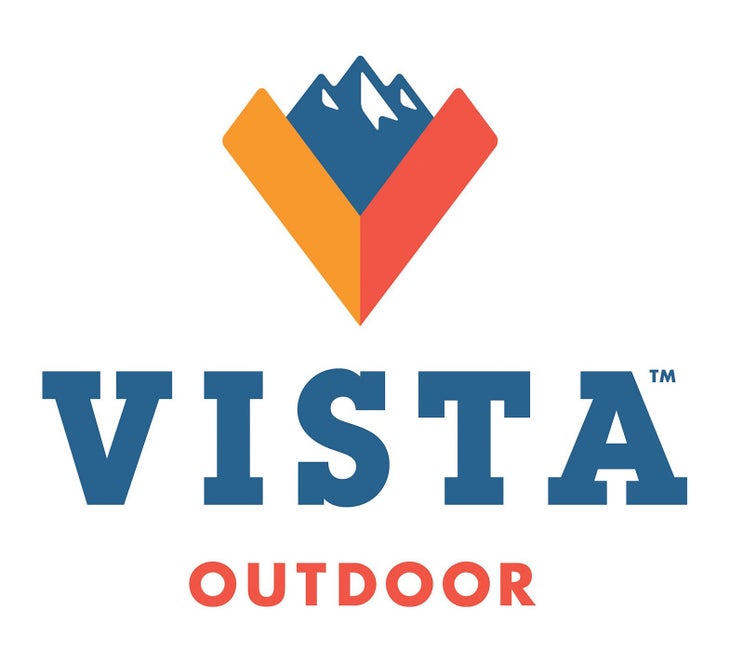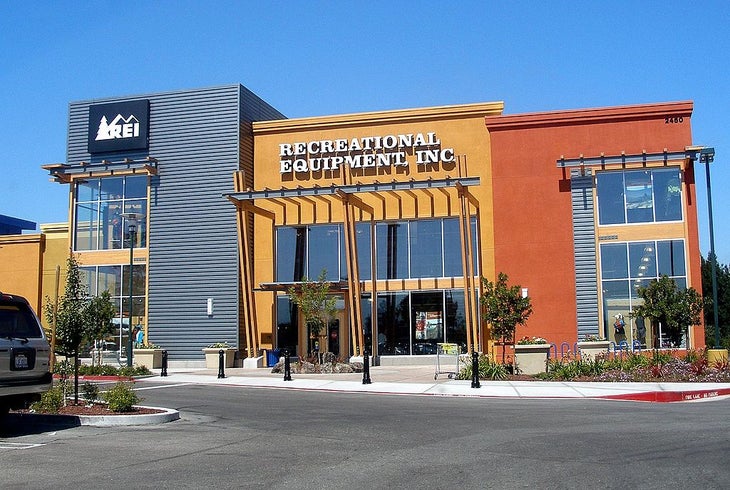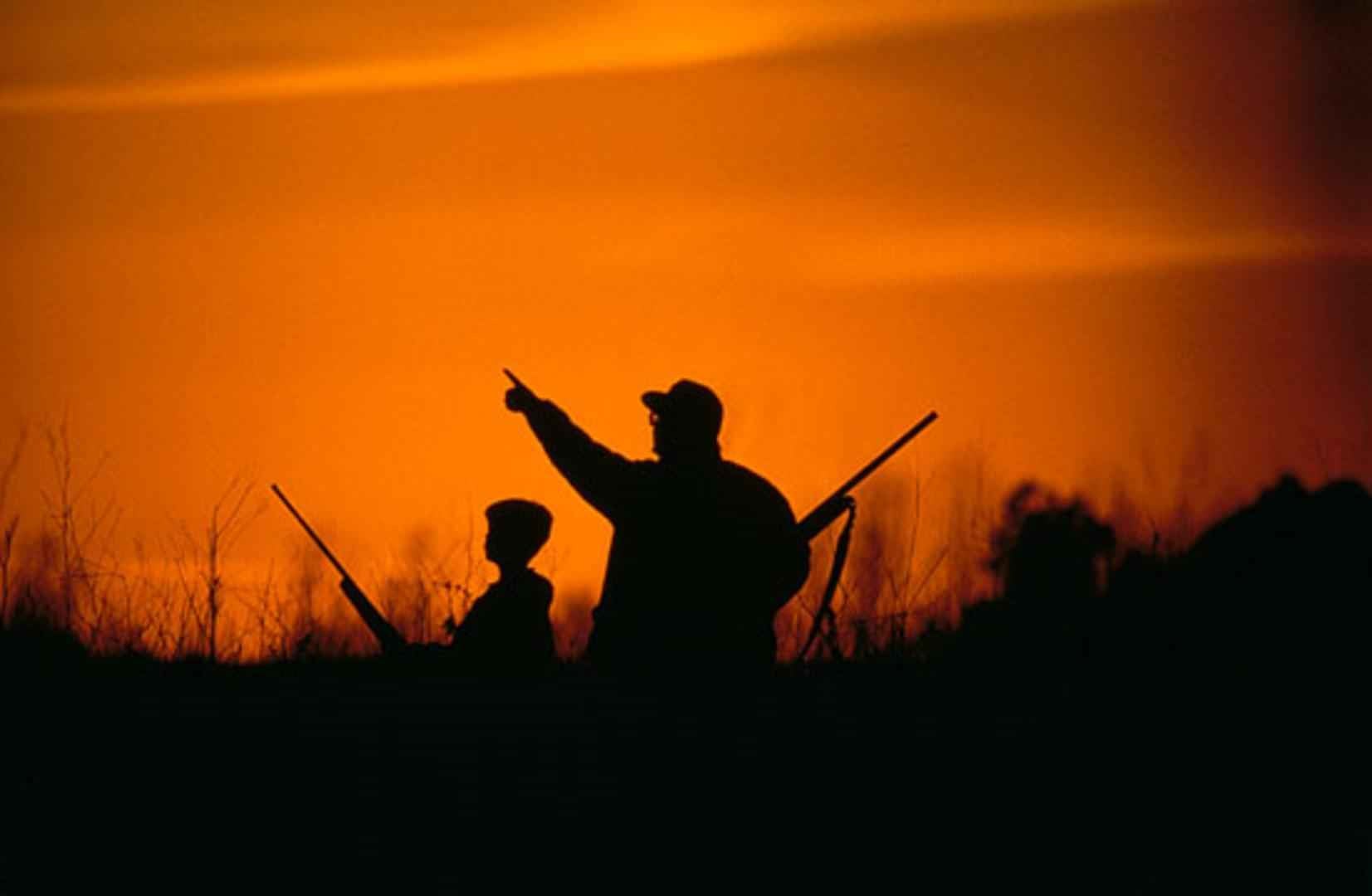When Backcountry Hunters & Anglers president Land Tawney reflects on the history of land and wildlife preservation in the U.S., he notes how great things have been accomplished during times of darkness.
In the early 1900s market killers were wiping out big game to put food on tables in New York City, San Francisco, and Chicago, hunters stepped up and help pass legislation making the sale of wildlife illegal as well as putting into place the first game laws.
In the dirty 1930s when the lid was coming off the prairie, the dust bowl, the Pittman-Robertson Federal Aid in Wildlife Restoration Act was enacted to tax ammunition and firearms and put that money back into conservation and the North American Wildlife Conference was born along with Ducks Unlimited and the National Wildlife Federation.
In the 1960s when wilderness areas were spoiled by the development boom, the Land and Water Conservation Fund and Clean Air Act were established.
Right now, Tawney says, could be another one of those times.
Following another mass shooting in February, a debate over whether outdoor companies should have any associations with gun companies failed to acknowledge that while hunters buy guns, they also buy hiking boots and hydration packs, Tawney said. A boycott by two major outdoor retailers unintentionally pit hikers against hunters, throwing their alliance in the fight for public lands and their funding of land conservation in jeopardy.
“I think we should be focusing on our conservation legacy and I think if we do that, there’s plenty of synergy there,” Tawney said. “If we divide our ranks, we all lose.”
The crux of the issue is a lot deeper than guns, and it’s going to take time to fully understand the impact and repercussions regarding outdoor companies. But how did we get to where we are and where do we go from here?
Who Is Vista Outdoor?
Take a look at the floorplan for the 2018 Shot Show that happened in January, and you’ll see that two of the biggest footprints are Utah-based Vista Outdoor and the National Rifle Association, side by side.

Before it became Vista Outdoor, the company was called Alliant Techsystems, or ATK, in the 1990s. In the following two decades, ATK acquired various ammunition, hunting, and firearms companies, including Blount International, Weaver Optics, Eagle Industries, Blackhawk, Caliber Company, Bushnell Group Holdings, and Savage Arms, a manufacturer of assault-style rifles.
In 2015, in an effort to diversify and “bring the world outside,” ATK was renamed Vista Outdoor, and brought in outdoor brands alongside its gun brands. Its first acquisitions were Jimmy Styks SUPs for $40 million and the hydration company CamelBak for $412.5 million.
The next year, Vista Outdoor took several bicycle brands under its wing, including Bell, Giro, Bollé, Blackburn, and Camp Chef, the outdoor cooking equipment company.
What Went Down?
At the end of February, Vista Outdoor fell under intense scrutiny after the high school shooting on Valentine’s Day in Parkland, Florida. A 19-year-old former student used a legally-bought Smith & Wesson M&P 15 .223 semi-automatic rifle to kill 17 students and teachers, according to multiple news reports.
Even though the gun was not one of Vista Outdoor’s, the corporation owns the company Savage Arms, which manufacturers its own brand of semi-automatic assault rifles.
And because Vista Outdoor also owns CamelBak, Camp Chef, and other camping and outdoor recreation brands, thousands of members of REI and MEC pressured the retailers—through social media and petitions—to stop selling the water reservoirs, camp stoves, and other outdoor products, thus taking a stance on gun violence and severing support to the gun industry.
On February 28, MEC suspended future orders with Bollé, Bushnell, CamelBak, Camp Chef, and Jimmy Styks. REI followed suit the next day, saying it made the decision because Vista Outdoor was not planning “to make a public statement that outlines a clear plan of action.”
REI declined to comment about any discussions since the decision. MEC has also remained mum. And in addition to not making a public statement, Vista Outdoor has not responded to multiple requests for comment.
The Running Room, a nationwide running store chain, also suspended future orders from CamelBak.
Some independent stores followed suit, including Boulder Cycle Sports, Sellwood Cycle Repair, Gladys Bikes, and others in Portland, Oregon, and BicycleSPACE in Washington D.C.
OBJ polled readers on where they stand: 4,104 readers said they would not boycott Vista brands, 2,035 said they would, and 366 said they were thinking about it.

What Was the Response?
The public reaction to boycotts has been loud, but not cohesive. When we posted the breaking OBJ story on Facebook, some readers threatened to tear up their REI membership cards over what they considered a “knee jerk reaction.” Others said they were proud of the retailer for taking a stance on the gun control debate.
“It was an ethical decision,” said Nick Allen, who has more than 50 years of experience as both a combat Marine officer and an outdoor industry executive with W.L. Gore and CamelBak. “Those retailers made a statement about who they are and who they want to be. Will it make a big difference? Who knows yet.”
Another group of commenters argued that the boycott would only hurt the Vista employees making the products for CamelBak and the others.
“This wasn’t an indictment on the products or the employees,” said Justin Hoese, co-owner of Boulder Cycle Sports, a bike shop in Colorado. “It was really unfortunate. I had to replace a lot of gear.”
CamelBak, Giro, Bell Racing, and the other brands have tried to distance themselves from Vista’s gun-slinging operation. CamelBak, founded in 1989, released a statement saying there’s an incorrect assumption that the purchase of its products supports the shooting sports, and that it “operates separately from Vista Outdoor’s Shooting Sports segment.”
Boulder Cycle’s Hoese says he hopes Vista Outdoor feels mounting pressure to put the outdoor brands up for sale to release them from the shadow of gun violence. He said, “We know they’re not going to get out of the gun business because it’s a billion-dollar business and cycling is a fraction of that.”
Dan Hughes, owner of Sunflower Outdoor and Bike in Lawrence, Kansas, says his store carries only a small assortment of CamelBak products, and a Giro helmet or two. He says he didn’t feel like dropping them would create a big enough dent, especially in a state where gun support is plentiful. Hughes was waiting for the bigger stores to weigh in.
“Now that they have, it’s vexing to me that even REI’s massive purchasing power has done little to nothing to sway Vista,” Hughes said. “It kind of underscores my feeling that boycotting those brands is only going to hurt the reps that work for Camelbak and the outdoor brands themselves. I don’t think Vista gives a hoot.”
So, What’s Next?
Vista Outdoor isn’t the only corporation with gun-related companies alongside outdoor brands in its portfolio.
So far, there has been no boycott of Black Diamond and avalanche safety equipment brand Pieps, whose parent company, Clarus Corporation, also owns Sierra Bullets, maker of handgun (and rifle) ammunition.
Even though Black Diamond has not faced the same pressures as brands under Vista Outdoor, the company is monitoring discussions, said spokesman John DiCuollo, with Backbone Media.
“Clarus Corp operates all its brands in completely separate and discrete manners,” DiCuollo said. “Each brand’s teams are compiled of experts in their respective fields that are aligned to serve specific markets. For BD, that’s climbing and backcountry skiing.”

The Federal Bureau of Investigation data shows that thousands more people are killed every year with handguns than rifles, shotguns, and other firearms most commonly used by hunters.
“On the broader scale that is true,” Allen said. “But one of the the clear distinctions is that a pistol is a defensive weapon. A rifle is an offensive weapon.”
While that distinction may be splitting hairs, one thing is certain: this isn’t—and never was—about hunting.
But the boycott has raised important ethical and moral questions within the outdoor industry.
“I understand the frustration that people feel about nothing being done, so doing something, like boycotting a brand under the same parent company umbrella is better than doing nothing at all,” Hughes said. “But as a retailer, I also have a strong pragmatic streak—one that tells me that more effective measures can be taken against gun violence at the ballot box. That’s where I’ll be seeking to affect change, even in a state as red as Kansas.”
Rather than be divided by a stance on the availability of guns, Tawney said there’s an opportunity for the outdoor and hunting industries to unite around multiple initiatives:
- The Land and Water Conservation Fund that sunsets this September
- The “Backpack tax” that would essentially tax some outdoor goods for the sake of public lands, which the Outdoor Industry Association opposes
- The Restoring American’s Wildlife Act that would annually redirect $1.3 billion of existing revenue to state-led wildlife conservation efforts.
“Hunters and hikers are in this together,” Tawney said.


